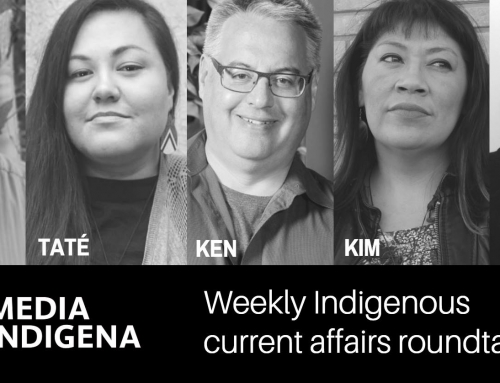INTERVIEW WITH KIMBERLY TALLBEAR
In studies involving human subjects who are potentially vulnerable in some way, do you see a difference in how researchers of different disciplines—say anthropologists versus geneticists— approach their ethical responsibilities?
The interesting thing about sociology, anthropology, and the humanities and social sciences in general, is that the history of their field is a core part of their canon. I don’t think that’s the case as often in the life sciences; they don’t get that history of the mistakes and the failures in their field.
I do think that makes a difference in terms of being a little bit more critical about the hypotheses you put forward. Not to say that there aren’t problems in biological anthropology—there are—but I think that in general, anthropologists are aware that when they’re dealing with race as a scientific object, they need to be more careful with the language that they use and how they’re linking race and genetics. They’re aware that in the history of social science, the study of race in the early 20th century and late 19th century was aimed at justifying race hierarchies. Population geneticists in general don’t have that history as part of their field.
.
.
.


